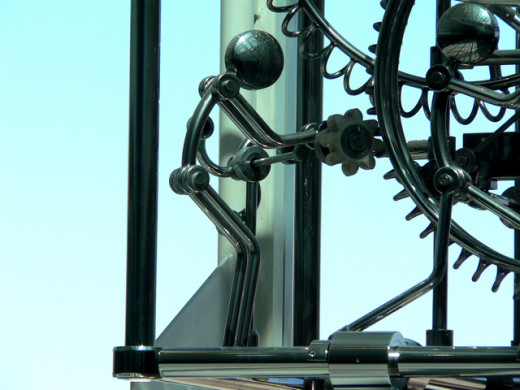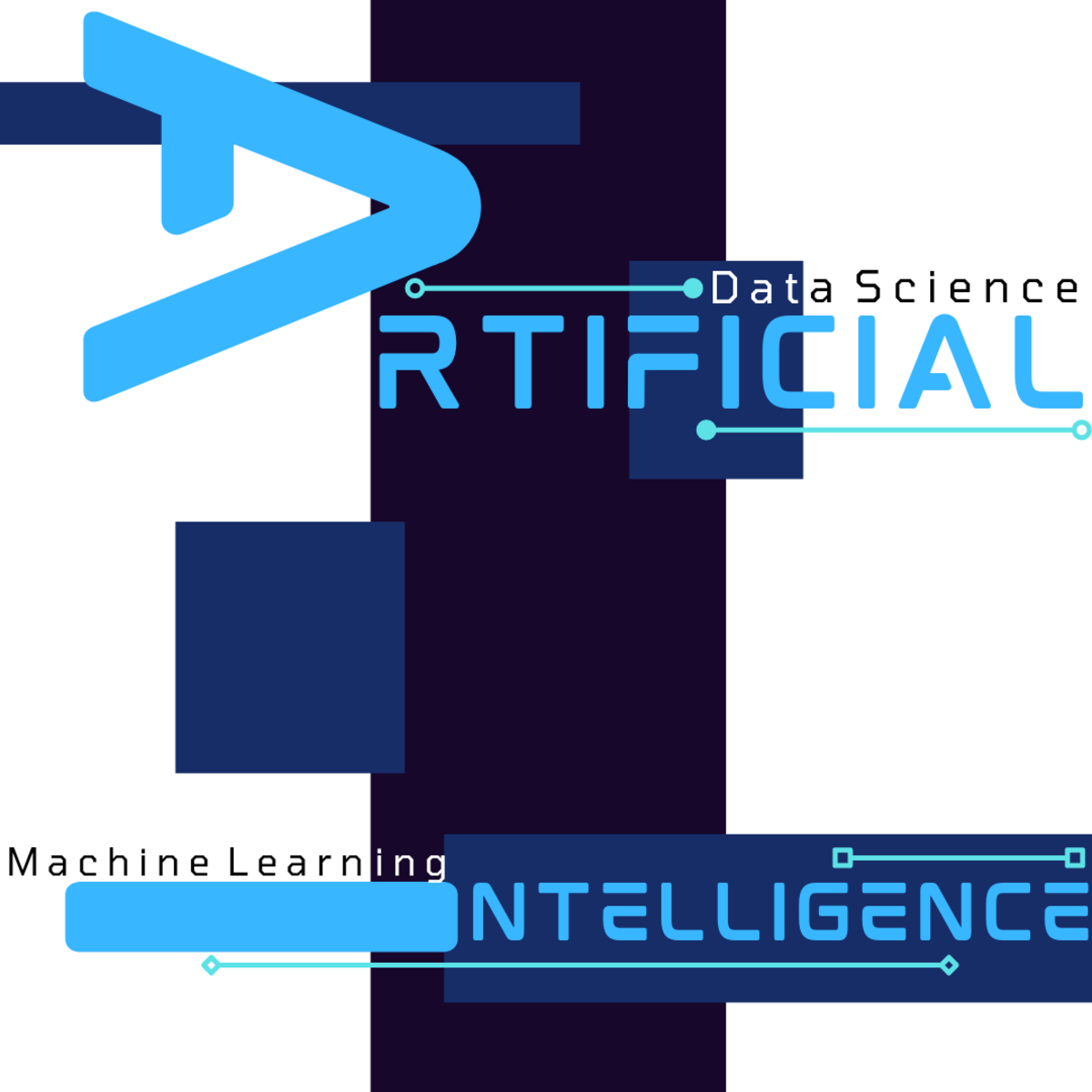AI Surgical Assistants and Malpractice Law

Artificial Intelligence and Robotics
Artificial intelligence is making advances at an astonishing rate. One only has to look at the technology that has become increasingly available in the past few years and what will be available in the near future. Smarter voice recognition software, instant-translation capabilities, and self-driving cars are just a few examples.
But what's in the future? Google is already looking to integrate artificial intelligence based machinery to assist doctors with surgical procedures. The robotic controls gives the user greater finesse than is normally possible during minimally invasive surgeries. They will also be able to show information about the patient that would usually be handled by having multiple monitors around the surgeon to look at.

The Malpractice Problem
So why bring up malpractice laws? Well, this is all new territory for the world so we don't have precedents to fall back on yet. Who is to blame if surgery ends badly? Did the operator make a mistake? Was there some defect with the robot? Did the artificial intelligence cause the error?
These are serious legal issues that will have to be worked out and will further complicate the judicial process. Nations around the world still struggle with internet related law enforcement, and that's a form of technology that has been fairly widespread since the 90's. With artificial intelligence becoming the next major breakthrough that will affect everyday life, how quickly will judicial systems adapt? Many sitting judges and politicians are still trying to figure out MySpace and the tangled web of intellectual property in a virtual environment that spans across the entire world.

The Future
We saw how quickly computer technology advanced in a short few decades. Computers used to take up entire rooms, now we have computers that fit into the palm of your hand. How quickly will artificial intelligence evolve once researchers truly get the ball rolling. Will we have robot surgeons with the human element mostly removed?
We must keep our eyes on the future of technology and push for clearly defined laws and regulations early, or we may risk an era of uninformed judges who aren't sure how to rule in cases where artificial intelligence is concerned. In a world where we have computer watches and almost everything in our home is connected to the internet in some way, it's important for everyone to follow new developments and think about the impacts it can have, both positive and negative.
My Own Take
Call me naive or idealistic, but the prospect of AI robotics in surgery doesn't really worry me at all. The fact that human lives are very much on the line and the uncertainty of who would be at fault in malpractice cases makes a strong case for ensuring that the robots are excellently built and highly maintained, as is with any other piece of hospital equipment. Even more so, I would bet, because they are being designed with surgery in mind, a practice that is already well documented to have risks involved, and the makers of such machinery would want to minimize those risks as much as possible.
Could development into too much artificial intelligence and robots be bad? Naturally, just about every scientific discovery or invention can be abused or cause unforeseen effects. If we have robots do pretty much everything, will we devolve into a world like Idiocracy or Wall-E? It's possible, but I highly doubt it. People still enjoy doing their own thing, whether it is creating something, improving their body or mind, or just enjoying life with friends and family. I don't think we'll have to worry about the population becoming incredibly stupid or lazier than it already is. With more free time available, we'll be able to pursue our own dreams instead of working so many hours a week. It may be the optimist in me, but I foresee a future more akin to Star Trek than Wall-E.
A cursory look at how robotics are being developed and used today is quite reassuring, showing that more precise movements can be made by a controller than by the human hand. The biggest downside, most likely, will be that surgeons will need to be retrained to use this machinery and jobs will be lost. Why pay assistants when you can have a machine do it, especially when that machine won't get tired or stressed. That's pretty much a fact of life, it happened in the automobile industry, we're watching it start to happen in the fast food industry, it can happen to just about any industry.
I have high hopes for the future of technology and welcome our robotic brothers in making dangerous work simpler. Of course we'll have to make sure we treat it with respect, because you know. Terminators.





